WEBSITE ACCESSIBILITY PLUGIN
Create Customisable Experiences to Suit Individual Needs
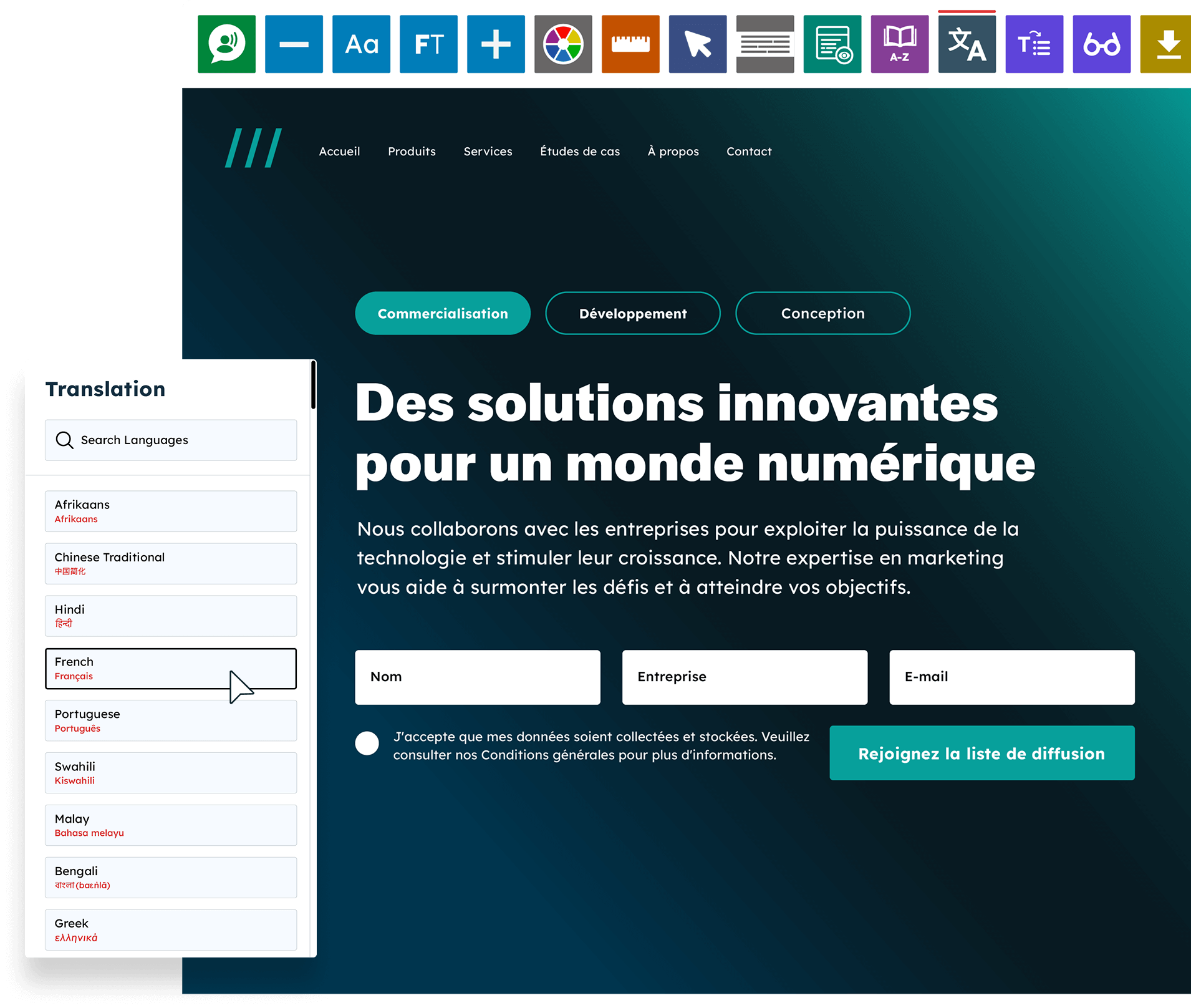
Give your users the accessibility options they need
Our Accessibility Plugin helps make your website more inclusive by giving users the ability to tailor how content is displayed, ensuring they can interact with it in the way that suits them best.

Text to Speech & Translation
Both our text-to-speech functionality and AI-powered translation can be tailored to meet each visitor’s individual preferences, ensuring content is accessible and easy to engage with.
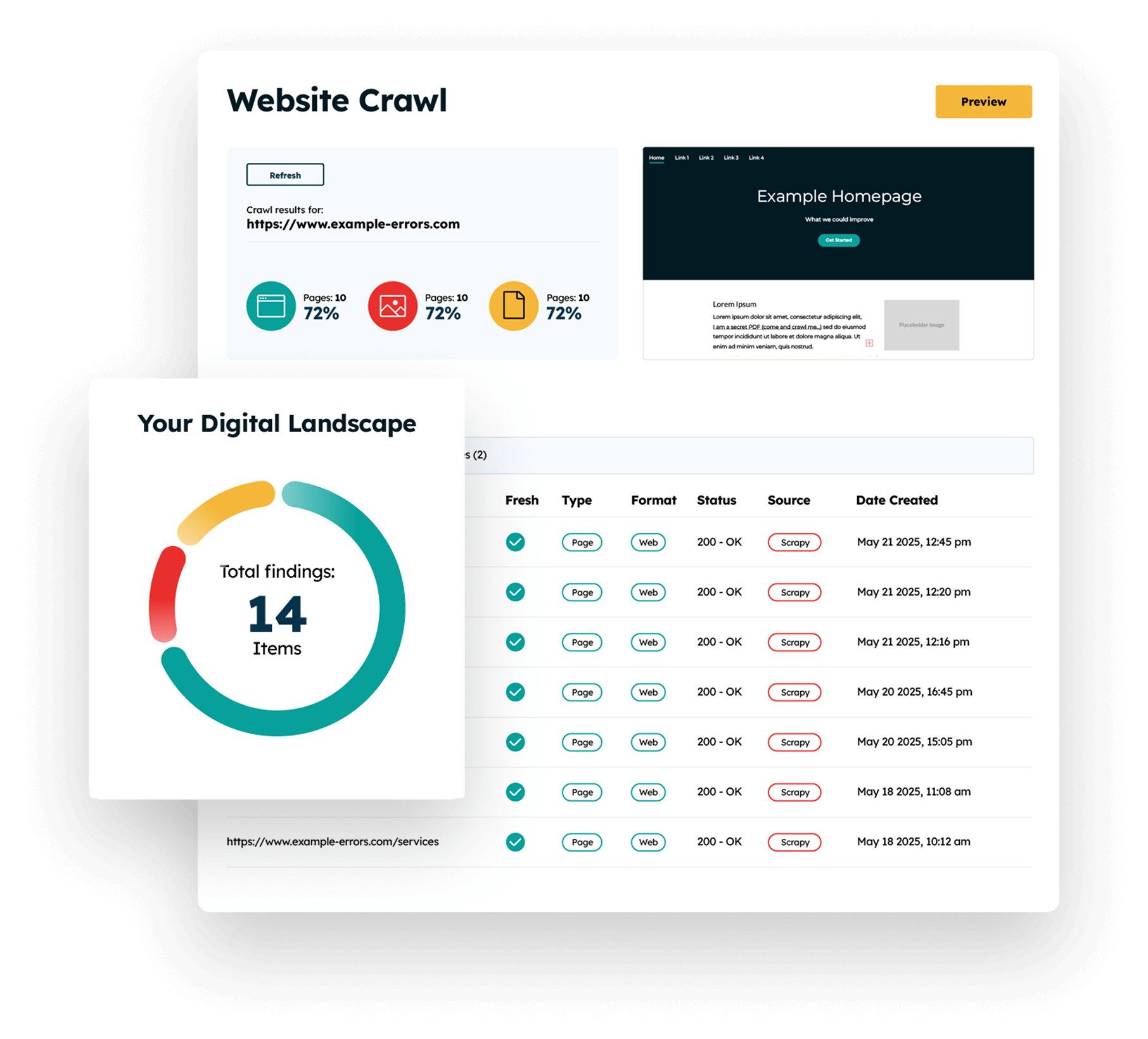
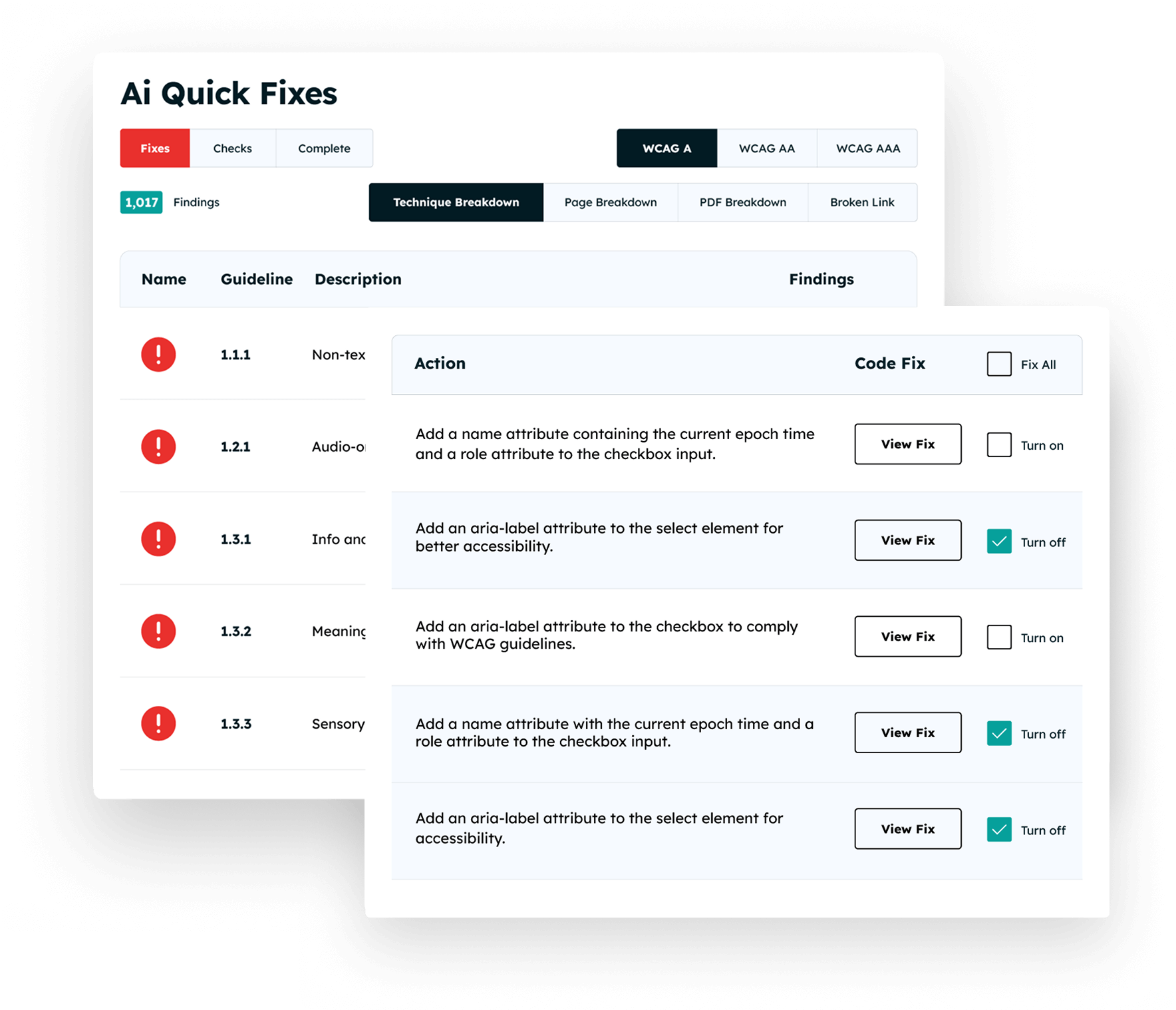

Customisation & Styling
Use our website accessibility plugin lets you customise the appearance of websites. Change features such as colour scheme, font style, size, colour, and spacing.

Reading Aids
More than 10% of people have a learning disability, which can make reading online content difficult. Support your website visitors by simplifying information and offering helpful reading aids.
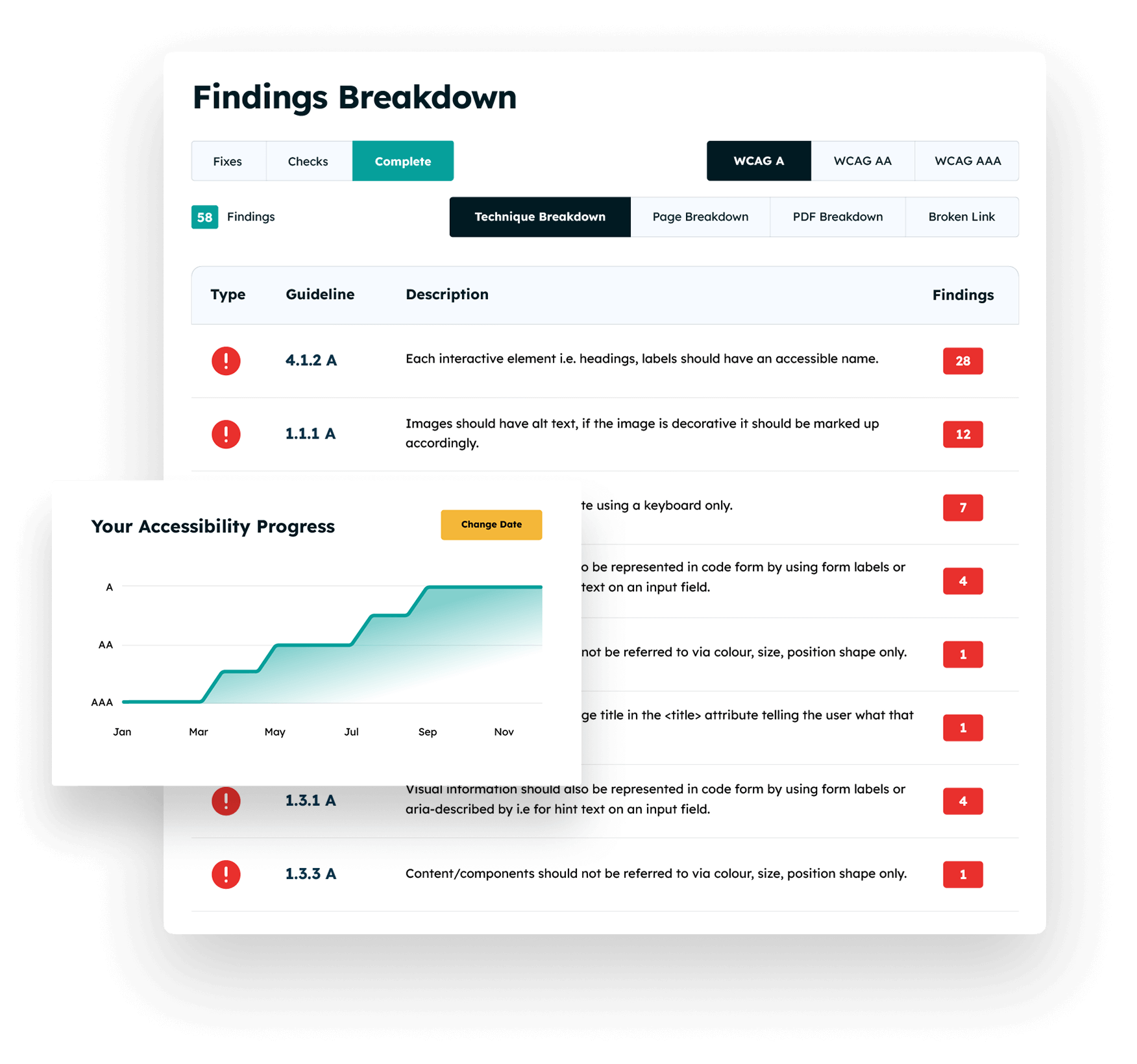
See the Website Accessibility Plugin in Action and get a One-to-One Demo
Discover how simple the accessibility plugin is to use and the significant benefits it can bring to your website visitors.
Integrate the Plugin with any platform
Integrating our accessible website plugin is a simple process that typically takes no more than an hour or two. Just add a small JavaScript snippet to your site and choose how you’d like the launch button to appear. Our expert team will be on hand to guide you through every step and answer any questions you may have.



Additional Support
Analytics
Gain valuable insights with transparent reporting that lets you track plugin usage across individual pages and measure it against specific outcomes.
Marketing Support
Whether you need support with internal PR, assistance creating landing pages, or collaboration on social media content, we’re here to help.
Customer Success Manager
As a client, you’ll be assigned a dedicated Customer Success Manager who will be available to offer additional support whenever needed.
In the last 12 months, British Gas’ website has seen:
175,851
toolbar launches
1,052,760
pages made inclusive
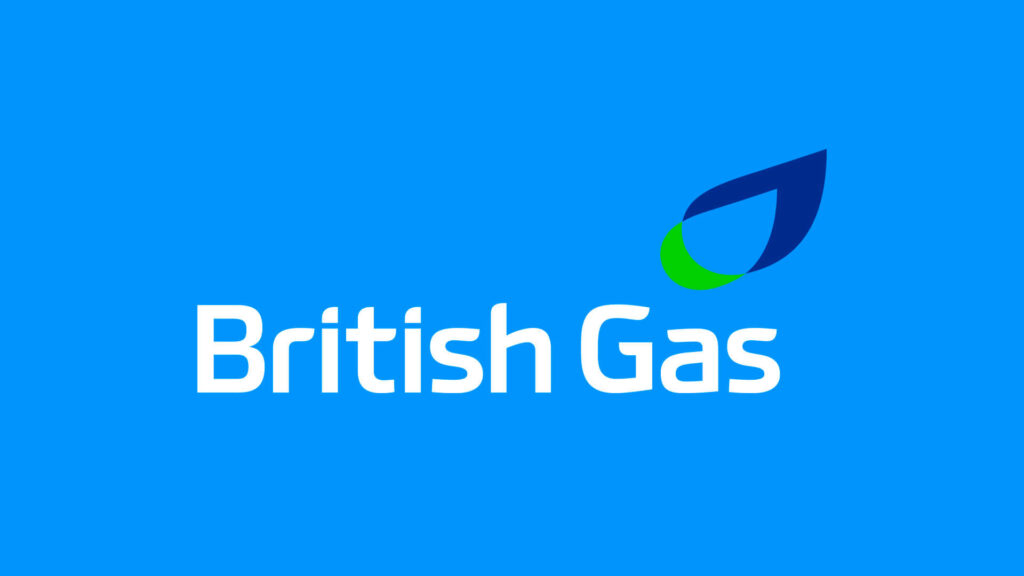
Supporting the Online Community
5,000+
7,172,877
43,023,183
Accessibility Plugin FAQs
Does an Accessibility Plugin make your website compliant?
No, an accessibility plugin alone does not make a website fully compliant with WCAG, EAA, ADA, or other accessibility standards. Compliance requires an accessible website structure, proper coding practices, and regular accessibility audits in addition to user-facing tools. An accessibility plugin is only used to enhance a user’s experience when needed.
Is there a difference between an Accessibility Plugin and Accessibility Overlays?
Yes, an Accessibility Plugin, like Recite Me’s, enhances a user’s experience by allowing them to customise the website they are on to suit their needs. Accessibility overlays attempt to automate fixes but often fail to meet WCAG standards. Overlays can create barriers for users with disabilities, whereas plugins provide flexible tools that support individual needs. Find out more here.
What is an accessibility plugin?
An accessibility plugin is a type of software that can be used to customise elements of a website. It is generally used to make content more readable and to ensure the website is easy to navigate. Some of the specific features include; text-to-speech, a screen ruler, translation software, contrast changer, and more.
What are the advantages of accessibility plugins?
Businesses who decide to integrate an accessibility plugin into their website can harness a number of different benefits.
Firstly, implementing web accessibility plugins into websites significantly contributes to creating a more inclusive user experience. These plugins cater to individuals with diverse abilities and disabilities, ensuring that a broader audience can access and interact with the content. By prioritising inclusivity, businesses can extend their reach and foster a more positive brand image and reputation, as users appreciate platforms that consider their varying needs.
Furthermore, the integration of accessibility plugins helps businesses maintain regulatory compliance with standards such as the Web Content Accessibility Guidelines (WCAG). By proactively addressing accessibility concerns, businesses mitigate legal risks associated with discrimination or non-compliance.
Moreover, accessible plugins play a pivotal role in facilitating market expansion by catering to users with various abilities, cultural backgrounds, and linguistic preferences. As businesses strive to reach a global audience, the incorporation of accessibility features becomes essential. As this expands their potential reach, by accessing a pool of consumers who would have otherwise not been able to use their website without the plugin.
How long is the installation time?
Installation should take no longer than one to two hours, although it can be as fast as 20 to 30 minutes in many cases. We can help assist with installation on a day of your choosing, the process is extremely fast and efficient. When installed the plugin can be used immediately.
How does the Recite Me plugin differ from other accessibility options?
We often see a lot of businesses installing free accessibility plugins, this is good to see so many organisations taking their first step to inclusivity. However, these free plugins often address a small percentage of the accessibility requirements. With many of them being poor in quality, usability, design and functionality.
Recite Me are market leaders in what we do, providing one of the best accessibility plugins on the market. Our plugin is fully WCAG compliant, meeting all of the necessary guidelines and requirements, allowing visitors to access and use your website seamlessly. We’ve perfectly optimised the tool with over a decade of data and analysis, with frequent changes made based on customer feedback.
Additionally, we have a dedicated customer success team to provide support through-out your subscription. Whether it be assistance during the installation process, helping you with monthly data reports and analysis from the plugin or collaboration on social media and PR opportunities.
How do you use the software?
Accessibility software should be easy to use and that was one of our core values when designing the Recite Me accessibility plugin. The tool is easy to understand and use, with a minimalistic and simple design, featuring icons that are self-explanatory and easy to interpret. We also provide a full user guide which is available to the public and you can add your own version to your website after installation.
Which disabilities does the plugin Cover?
The Recite Me assistive plugin is up to date with the latest WCAG guidelines, which is the highest standard for accessibility. This covers the vast majority of disabilities including those with visual impairments, motor difficulties, neurodivergent individuals, cognitive disabilities and more.